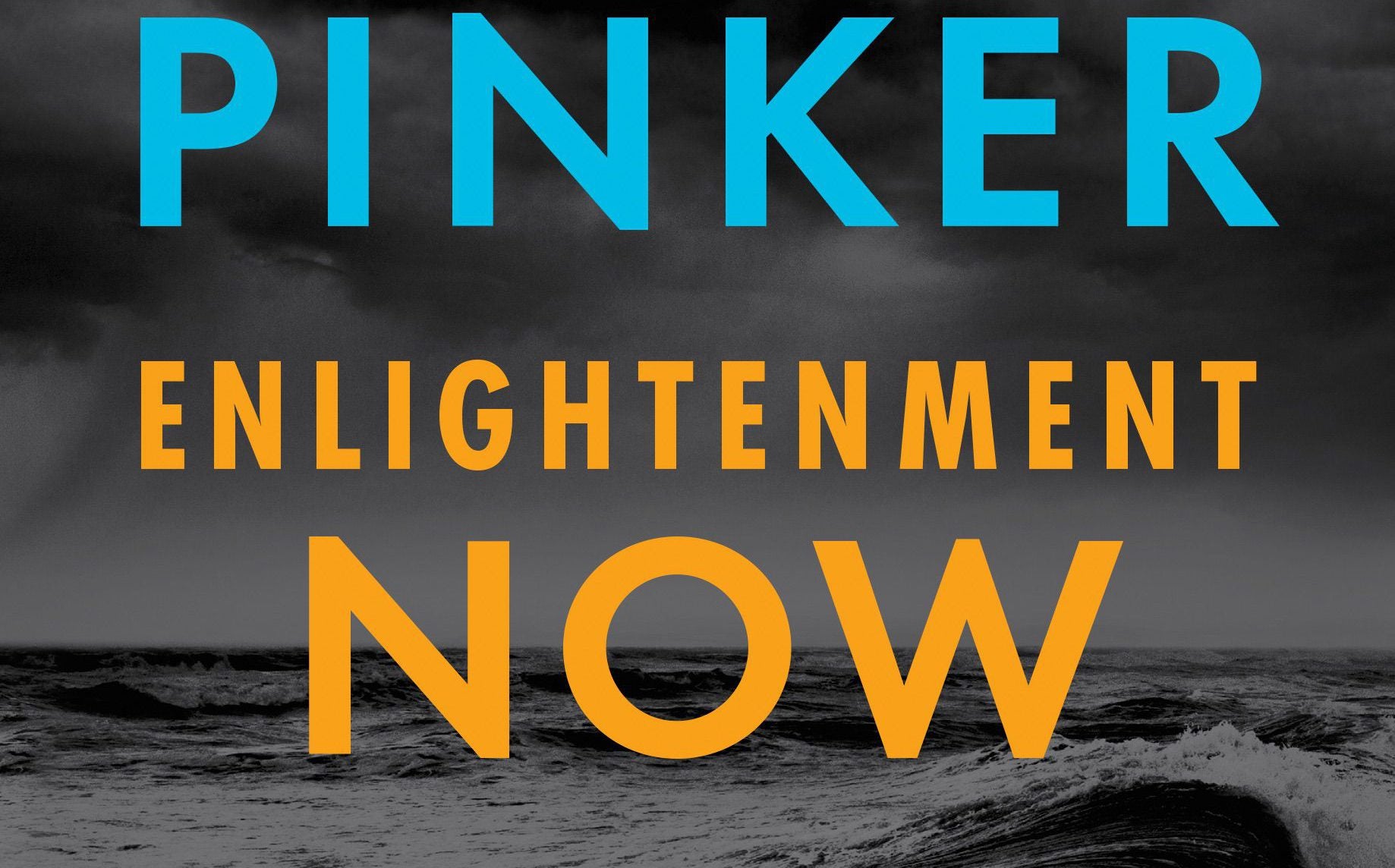Bill Gates has just read his “favorite book of all time”
After a brief flirtation with novels and comic memoirs, Bill Gates is getting back to big ideas. The Microsoft co-founder and philanthropist has found his new “favorite book of all time,” Steven Pinker’s Enlightenment Now: The Case for Reason, Science, Humanism, and Progress.


After a brief flirtation with novels and comic memoirs, Bill Gates is getting back to big ideas. The Microsoft co-founder and philanthropist has found his new “favorite book of all time,” Steven Pinker’s Enlightenment Now: The Case for Reason, Science, Humanism, and Progress.
It makes sense that Gates, a relentless believer in the promise that money and research can solve the world’s biggest problems, has chosen a book that argues for optimism at the civilizational level. Pinker’s book comes out Feb. 13 from Viking, an imprint of Penguin Random House, but if you subscribe to Gates’s blog, a chapter is available now for free.

Gates’ appreciation of Pinker, a cognitive psychologist who has written a slew of bestsellers, is mutual. Pinker cites Gates as one of the world’s leaders in fighting deadly infectious diseases. The two first met in 1995, Pinker explains in an email to Quartz, and have since bonded over their shared optimism about humanity. “At the time we shared an interest in language and mental computation. We then took parallel journeys that ended in an interest in human improvement,” he says. “We both have been struck by the data showing that the state of humanity has improved.”
In his latest book, Pinker argues that people all over the world are happier and freer now than they have ever been, thanks to the Enlightenment ideals of reason, science, humanism, and progress. The perceived bleakness and regression represented by wealth inequality, civil rights violations, tribalism, and Donald Trump, argues Pinker, shouldn’t distract from the progress humans have made overall.
Gates highlights the data Pinker brings to bear on less obvious measures of progress. He gives the example of the fact that today, people in the US are 37 times less likely to die from being struck by lightning than in 1900, not because there’s less lightning, but because weather prediction and safety education have improved.
“People all over the world are living longer, healthier, and happier lives, so why do so many think things are getting worse? Why do we gloss over positive news stories and fixate on the negative ones?” writes Gates on his blog. “[Pinker] does a good job explaining why we’re drawn to pessimism and how that instinct influences our approach to the world, although I wish he went more in depth about the psychology (especially since he’s a psychologist by training).” He adds that he disagrees with Pinker on his attitude toward artificial intelligence and the threat of robots, which Gates says Pinker is too “quick to dismiss.”
The thrust of the argument is similar to that of Pinker’s 2011 book, The Better Angels of our Nature, about humans’ arc away from violence and toward peace. Gates is a big fan.
Update: Viking has moved the publication date of Enlightenment Now up from Feb. 27 to Feb. 13, in response to high demand for the book following Gates’ review.